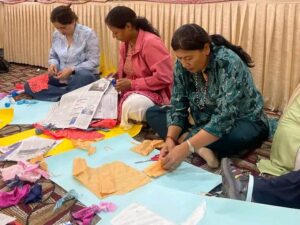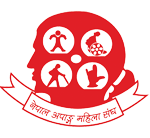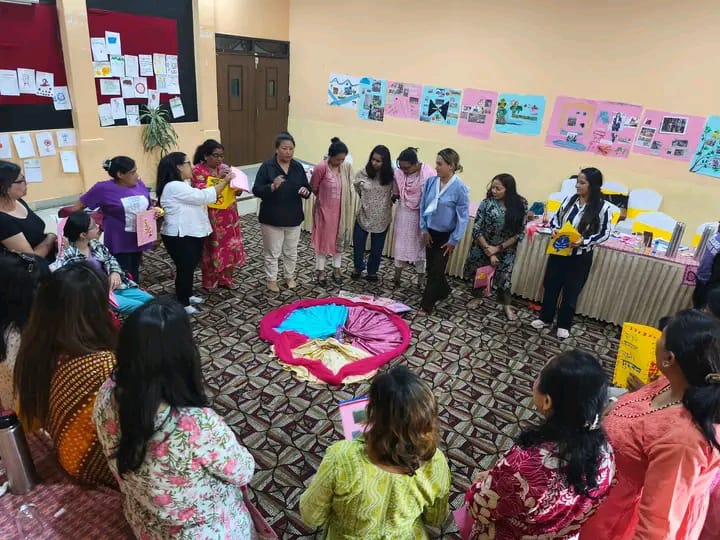Kathmandu, Nepal — In a two-day training organized by the Nepal Disabled Women Association (NDWA), 30 women with disabilities and their caregivers came together to explore mental health, psychosocial well-being, and self-care through art therapy and shared experiences.
The workshop focused on providing a safe and supportive space for women with disabilities, allowing them to reflect on their past experiences and celebrate their resilience.

The event was inaugurated by Dev Kumari Parajuli, General Secretary of NDWA, who welcomed the participants and highlighted the importance of mental well-being in empowering women with disabilities. The sessions were facilitated by Sadhana Thapa, who guided participants through immersive activities that combined art, meditation, and storytelling.
“Art doesn’t have to be perfect—it’s a way of expressing what we carry inside,” said facilitator Sadhana Thapa, encouraging participants to open up about their vulnerabilities through expressive art.
The first day of the training focused on revisiting personal experiences, particularly moments when participants felt unsafe or silenced. A meditation session allowed them to connect deeply with their inner selves, followed by a session where they expressed their emotions through art and poetry.
The second day was centered on life reflection and achievements. Participants mapped their personal journeys by dividing their lives into different age groups and highlighting milestones through the creation of personalized postcards.
Voice of participant
“I drew a cage with birds inside—each bird representing me, my mother, father, and brother. My father was very strict. When he went to work, we felt free. But when he returned, we were scared. After marriage, I finally felt free like a bird,” she shared.
“People told us that because we are deaf, we couldn’t achieve anything. But today, I speak at organizations and share my experiences. I am no longer in a cage—I am an artist, a free bird.”
She explained her use of fiery colors—red, yellow, and orange—to symbolize both pain and strength. “Fire burns and causes pain, just like the fear we lived with. But now, those colors also represent our power.”
The training highlighted the critical need for mental health support and psychosocial spaces tailored to women with disabilities, particularly those from marginalized backgrounds. Through self-expression and peer connection, participants were not only able to reflect on their pasts but also find strength in their shared stories and dreams for the future.
NDWA plans to continue offering similar workshops and support spaces to empower women with disabilities to heal, express, and lead.

 Nepali
Nepali
